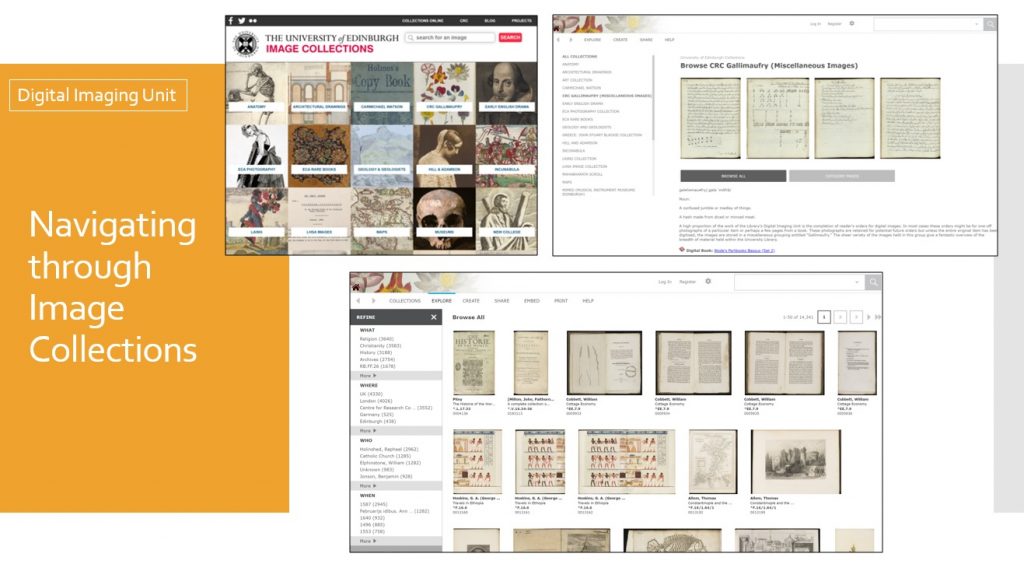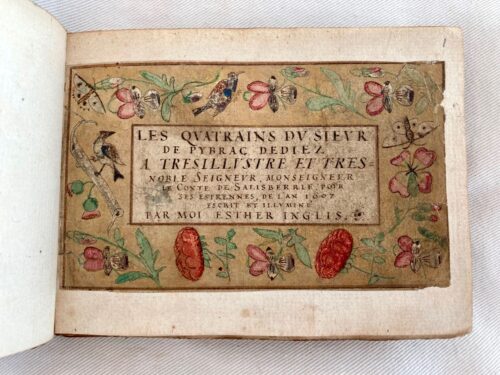
I began working with the Cultural Heritage Digitisation Services team last November, as a Digitisation Operator. Before joining the team, I was digitising plant specimens in the Herbarium of the Royal Botanic Garden Edinburgh. I am also a photographer, with my work most recently appearing in the Accidentally Wes Anderson exhibition which opened in London December 2023.
2024 is shaping up to be an exciting year, with several projects in the works. Some of these have been in the planning stages for a long time, and we really couldn’t be more eager to finally get started. With that in mind, we thought it might be fun to provide a ‘movie trailer’ of sorts, with a short preview of each project we plan to tackle in 2024:

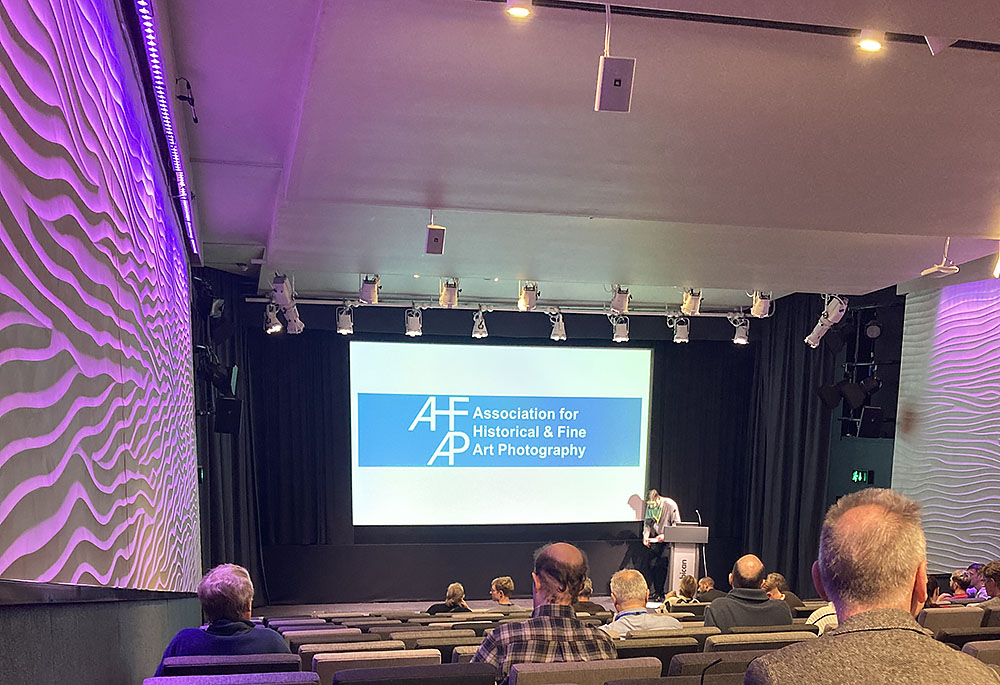
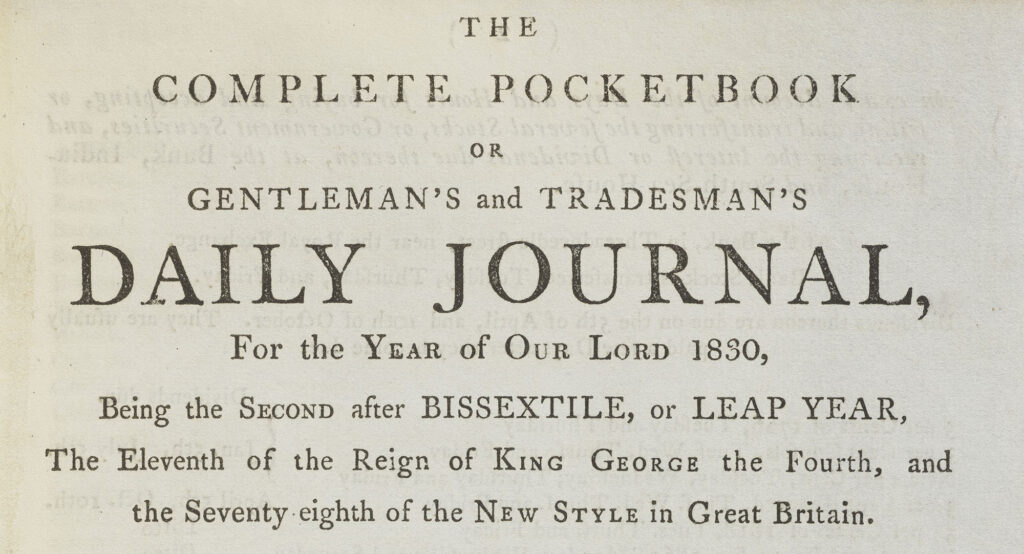

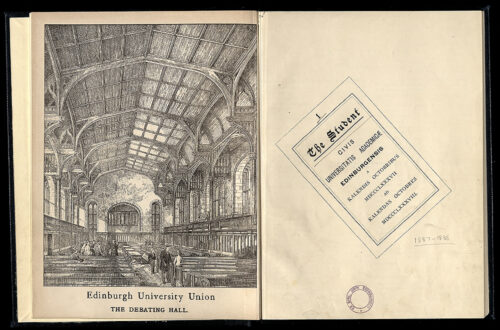
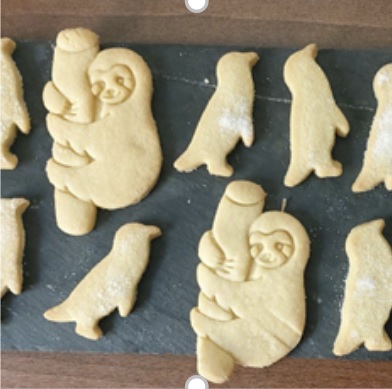
 For the past eleven weeks I’ve had the opportunity to intern with the Digital Imaging Unit, working on a project to evaluate the potential of establishing a 3D digitisation service within the department. “3D digitisation” in this sense encompasses everything from the initial production of digital models – using suitable items from across the University Collections – to online display, preservation of 3D data, and 3D printing. The project was roughly organised into three phases: research, testing, and implementation.
For the past eleven weeks I’ve had the opportunity to intern with the Digital Imaging Unit, working on a project to evaluate the potential of establishing a 3D digitisation service within the department. “3D digitisation” in this sense encompasses everything from the initial production of digital models – using suitable items from across the University Collections – to online display, preservation of 3D data, and 3D printing. The project was roughly organised into three phases: research, testing, and implementation. 

